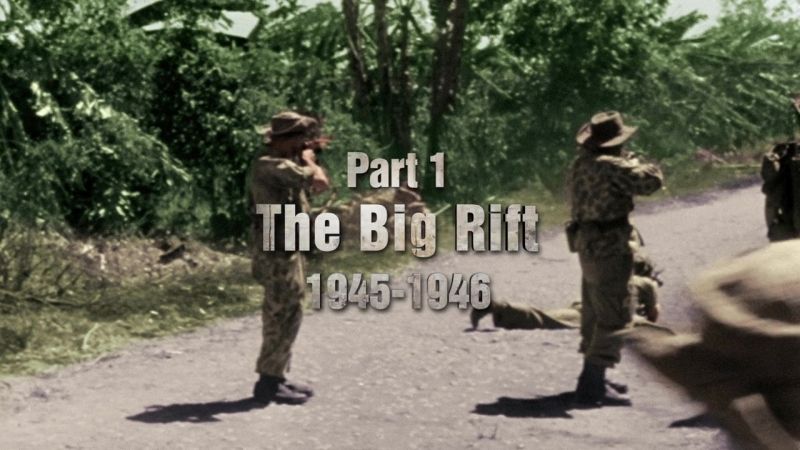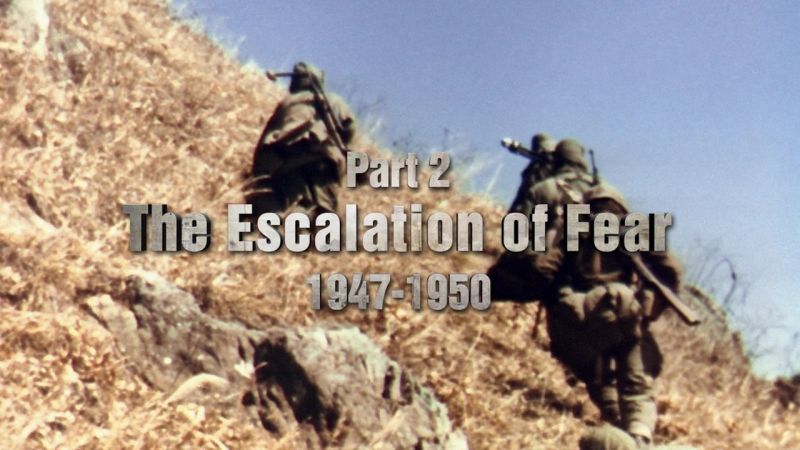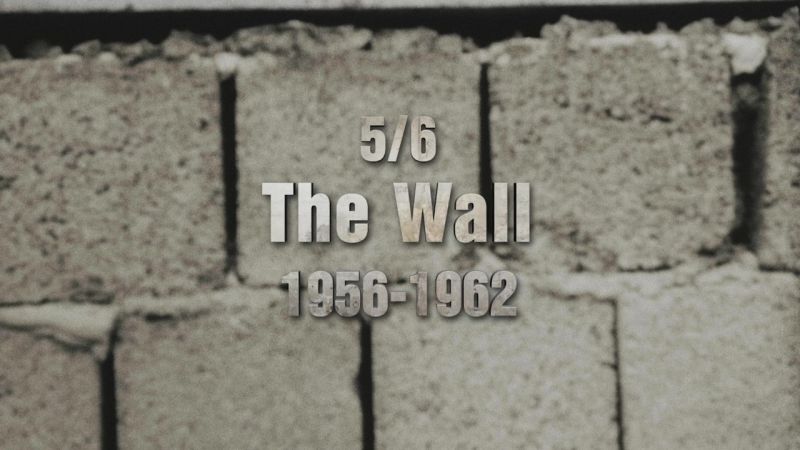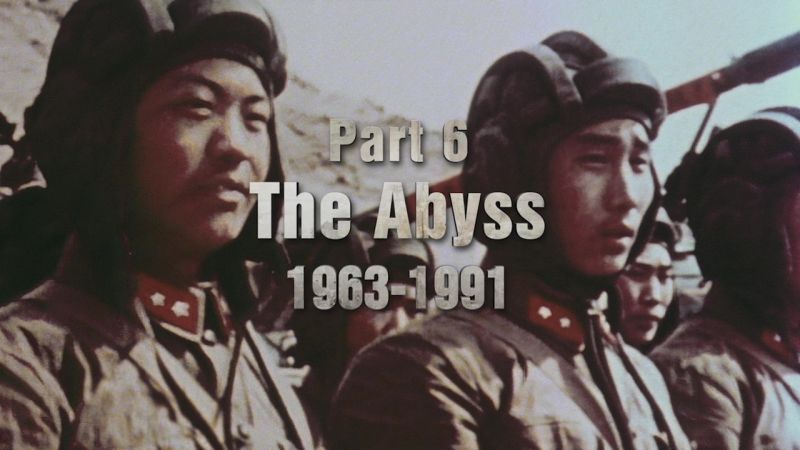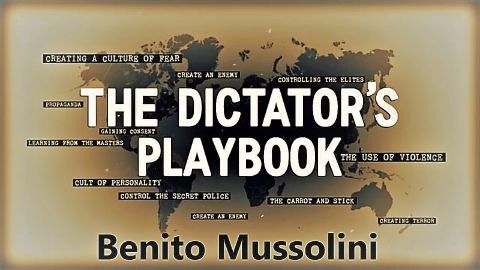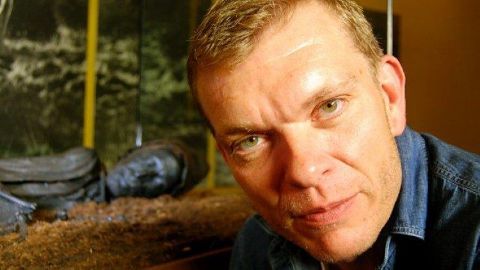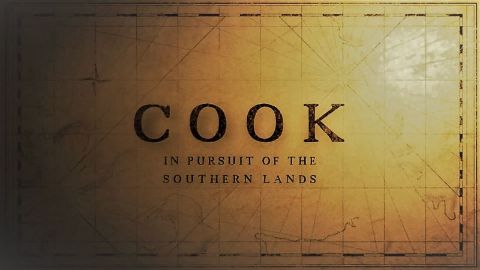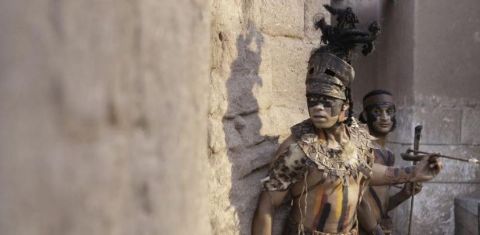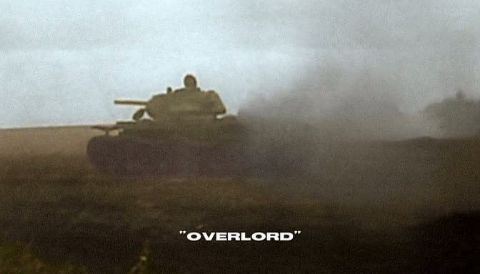The Conquest (1953-1955) • 2019 • episode "S1E4" • Apocalypse: War of Worlds 1945-1991
March 1953. Stalin is dead. Following many long hours of agony in his dacha, the Little Father of Peoples is now no more than an embalmed corpse. His potential successors eagerly flock to pay their respects. In East Berlin, a wave of hope swept through the German workers who rise up against the Party. This hope is swiftly crushed by Soviet tanks... In Asia, the hot conflicts are coming to an end. After the Panmunjom truce, the US ingloriously leaves Korea. The few remaining troops impatiently await a visit from Marilyn Monroe. In the meantime, in Indochina, another army prepares for a far less exciting event. The French hope to stop the Vietminh in Dien Bien Phu, a village surrounded by mountains 300 km from Hanoi... But the French generals do not suspect that at the same time, General Giap of Vietminh and his Chinese advisers, are developing a plan battle that will take the form of a trap: let the French forces settle in the basin of Dien Bien Phu, then surround and destroy them. The French army soon evacuated the country, terribly bruised and humiliated, but Ho Chi Minh only partially triumphed: during the Geneva negotiations, his Chinese and Soviet comrades disappointed his expectations, for fear of an escalation of the conflict. Ho Chi Minh got North Vietnam, but the South is still in Western hands. What will Ho Chi Minh do?
Make a donation
Buy a brother a hot coffee? Or a cold beer?
Hope you're finding these documentaries fascinating and eye-opening. It's just me, working hard behind the scenes to bring you this enriching content.
Running and maintaining a website like this takes time and resources. That's why I'm reaching out to you. If you appreciate what I do and would like to support my efforts, would you consider "buying me a coffee"?
Donation addresses
BTC: bc1q8ldskxh4x9qnddhcrgcun8rtvddeldm2a07r2v
ETH: 0x5CCAAA1afc5c5D814129d99277dDb5A979672116
With your donation through , you can show your appreciation and help me keep this project going. Every contribution, no matter how small, makes a significant impact. It goes directly towards covering server costs.
